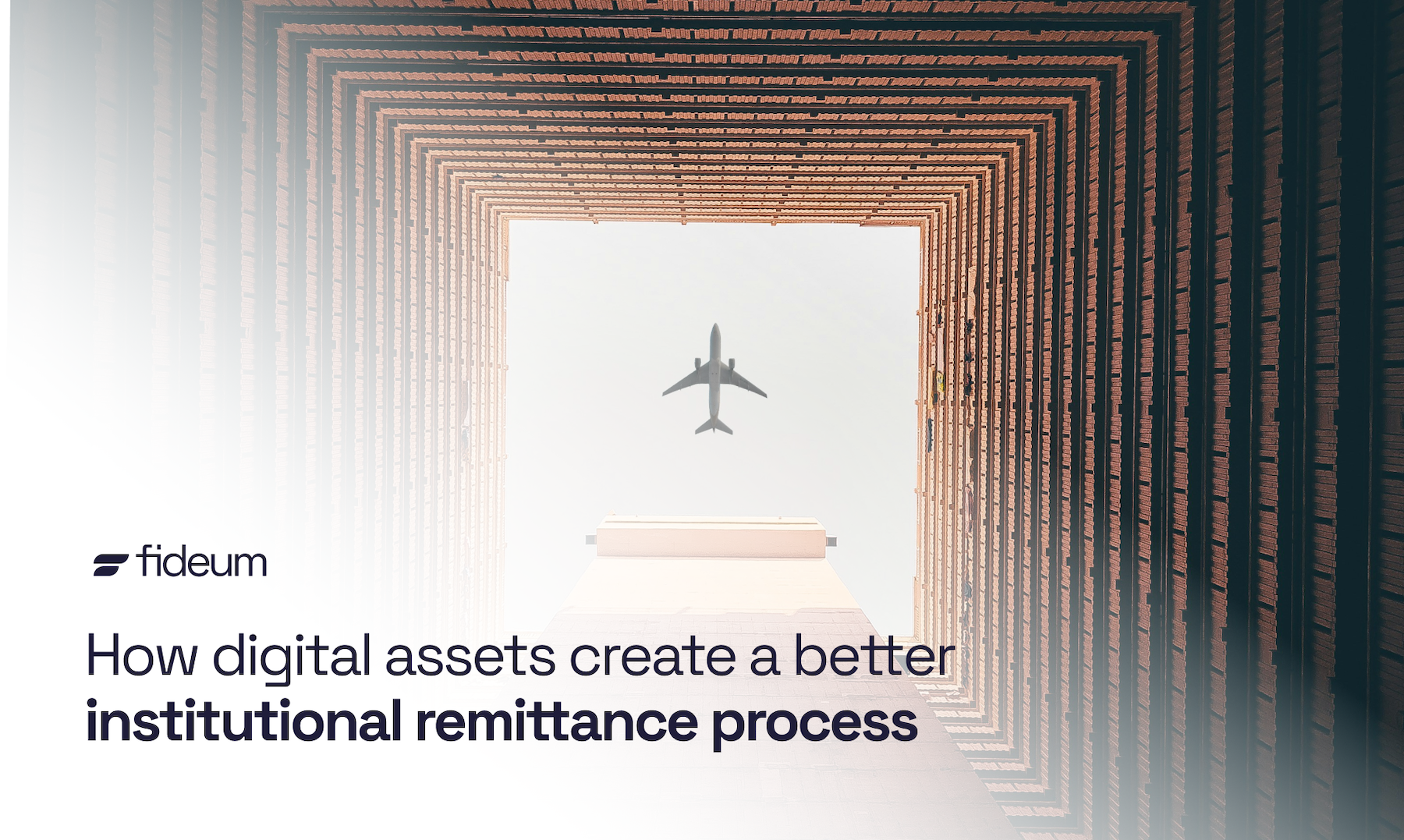What benefits does blockchain technology offer to the healthcare industry? The global healthcare market is projected to reach $665.37 billion by 2028. The industry has been accelerated by global influences such as the COVID-19 pandemic and technological advances. One of those advances is data. It’s estimated that in the year 2025, 36% of the world’s data volume will be generated by the healthcare industry alone. That is a huge amount of data generated, utilized, kept, and shared - data which is incredibly sensitive, as it pertains to the health and wellbeing of human beings. How can this explosion of personal data - and of the healthcare industry as a whole - be managed and improved by blockchain?
Safety
Blockchain’s decentralized and immutable nature provides significant protection for medical data. Decentralized data storage means that the blockchain distributes medical records across a network of nodes. Without a single point of failure, it’s extremely difficult for unauthorized third parties to access, edit, or delete personal records. Blockchain also offers advanced encryption, encrypting each piece of data in storage to allow only individuals with the correct decryption keys to access.
Management
Blockchain is also vital to the safe and easy management of healthcare data and records. Not just for organizations that collect the data, but for patients themselves. The blockchain allows for a more patient-centric management of their health records. People can autonomously control their own medical records, allowing them to grant or deny access to their data and setting time limits on third-party access.
Interoperability is a key feature of blockchains. With shared protocols, multiple different healthcare systems can access data seamlessly. When you think of medical procedures or incidents throughout your life, it’s impossible to quantify how many different professionals, organizations or companies you will come across. The interoperability of the blockchain allows this to happen seamlessly and safely.
Supply chain
Healthcare isn’t just about doctors and patients. The industry also relies heavily on a smooth supply chain. We’ve written previously about how vital blockchain technology is for the supply chain, allowing it to be efficient and cheaper. The same is true for the supply chain for the healthcare industry, with blockchain-based systems able to track medical goods from manufacturing through to its final location. This is especially vital for ensuring that medications are not counterfeit, or that manufacturing issues can be covered by other sources seamlessly. With the medical supply chain, it can be a matter of life or death for things to move rapidly and without delay.
Identity and insurance
The health insurance industry is a large part of the global insurance market. Just as with other forms of insurance, the blockchain can streamline and secure the processing of claims or evaluating insurance policies.
Identity is vital for healthcare records, as they are exclusively tied to a single person’s data. Reliable identity verification is essential for patients, healthcare providers, insurers, and any other organization that needs to access healthcare data. The blockchain facilitates this identity verification safely and much more efficiently than other technologies.
Research
Healthcare is not just about patient care and the last day of a person’s hospital stay. The drugs that we rely on in the modern world come from years of medical research. Clinical research relies heavily on large amounts of data, and the faster and more efficiently this can be utilized and understood, the quicker we can come to life-altering medical advances. Biomedical data is essential to clinical trials, research, and development of future and current drugs and medical techniques.
Blockchain’s impact
Ultimately, blockchain technology can be a significant tool in the fight against rising healthcare costs and inefficient systems that cause problems for health organizations and suffering for individuals. Its very nature as an immutable, decentralized network is hugely beneficial for healthcare professionals, organizations and private companies to work more efficiently and safely.


.png)



